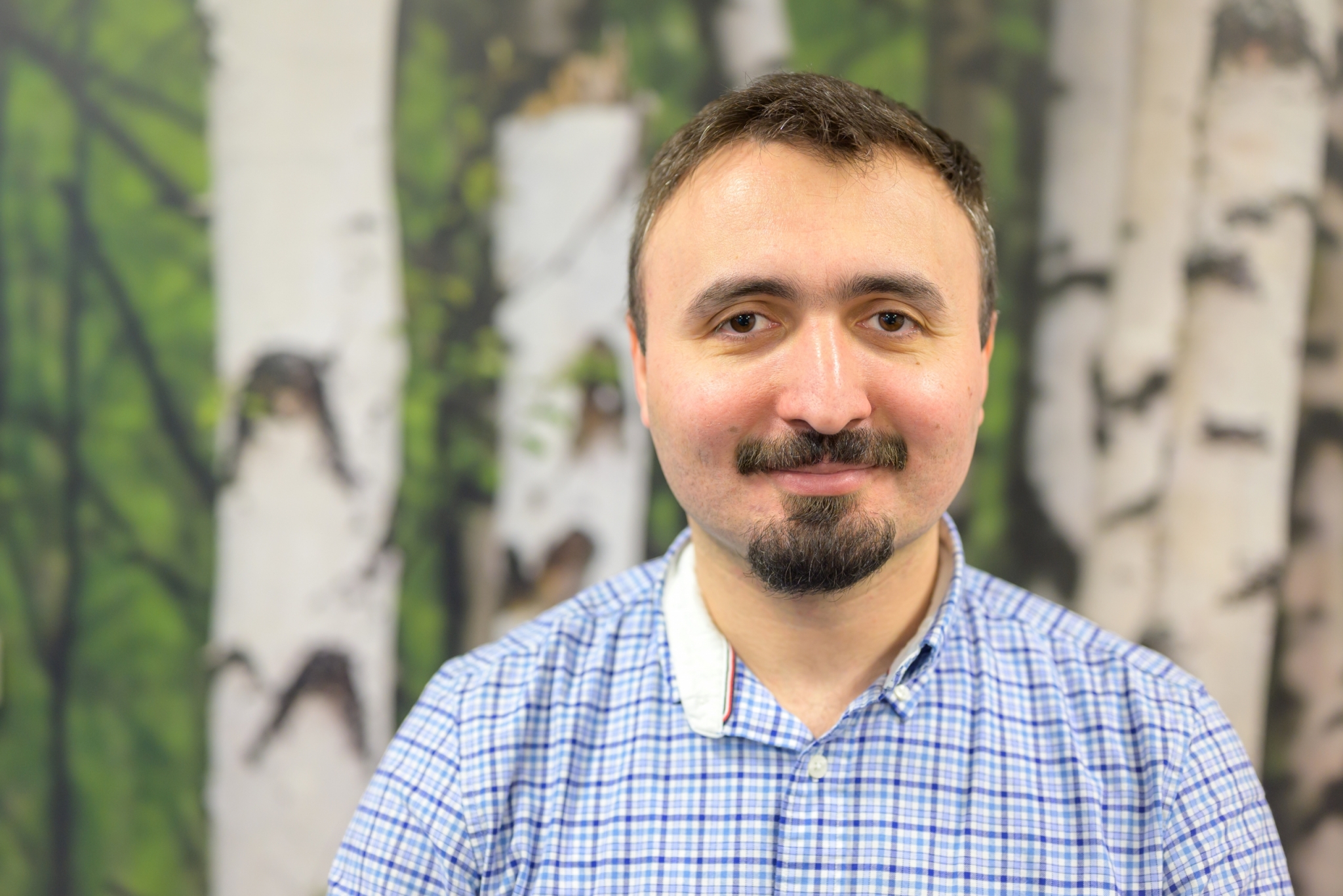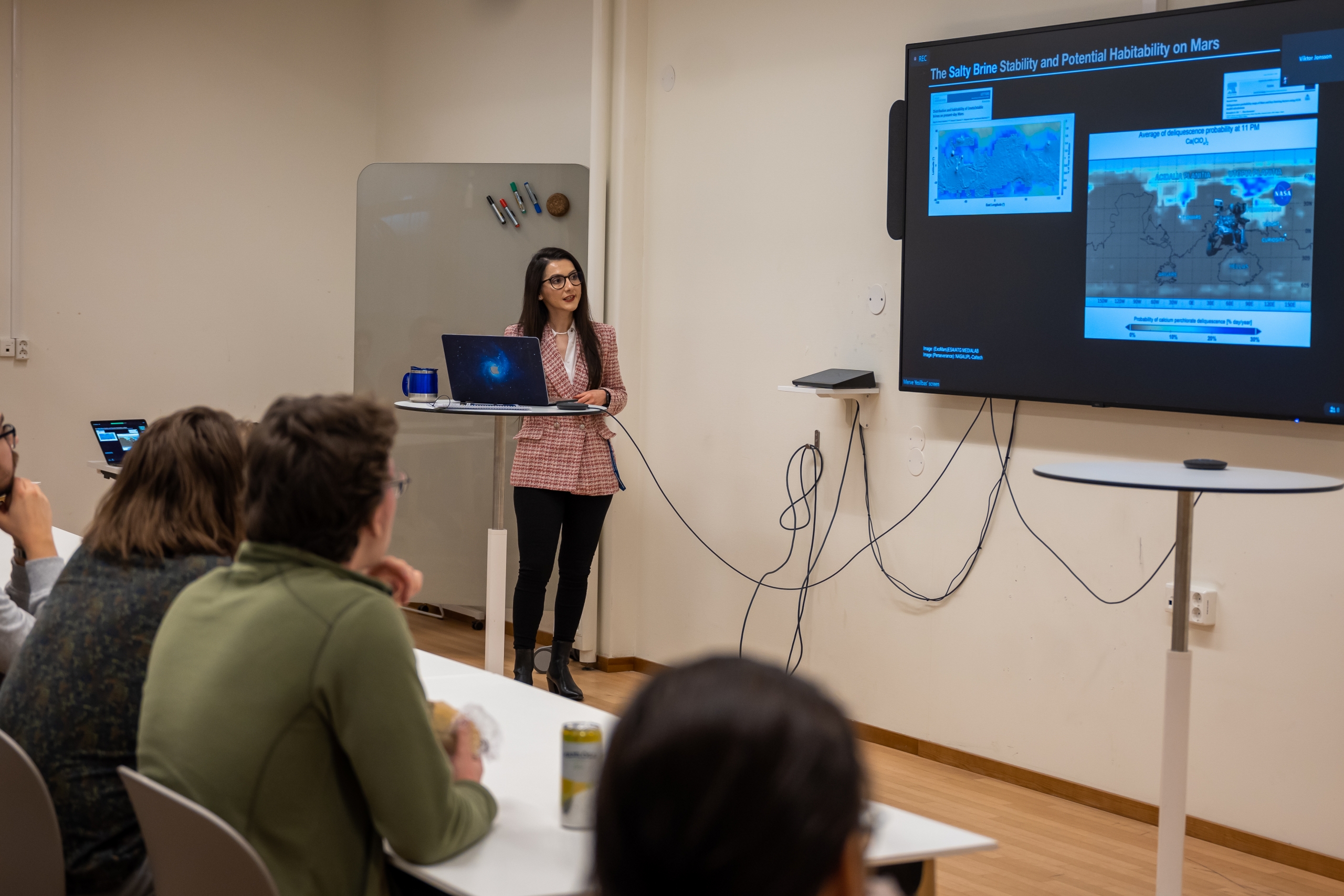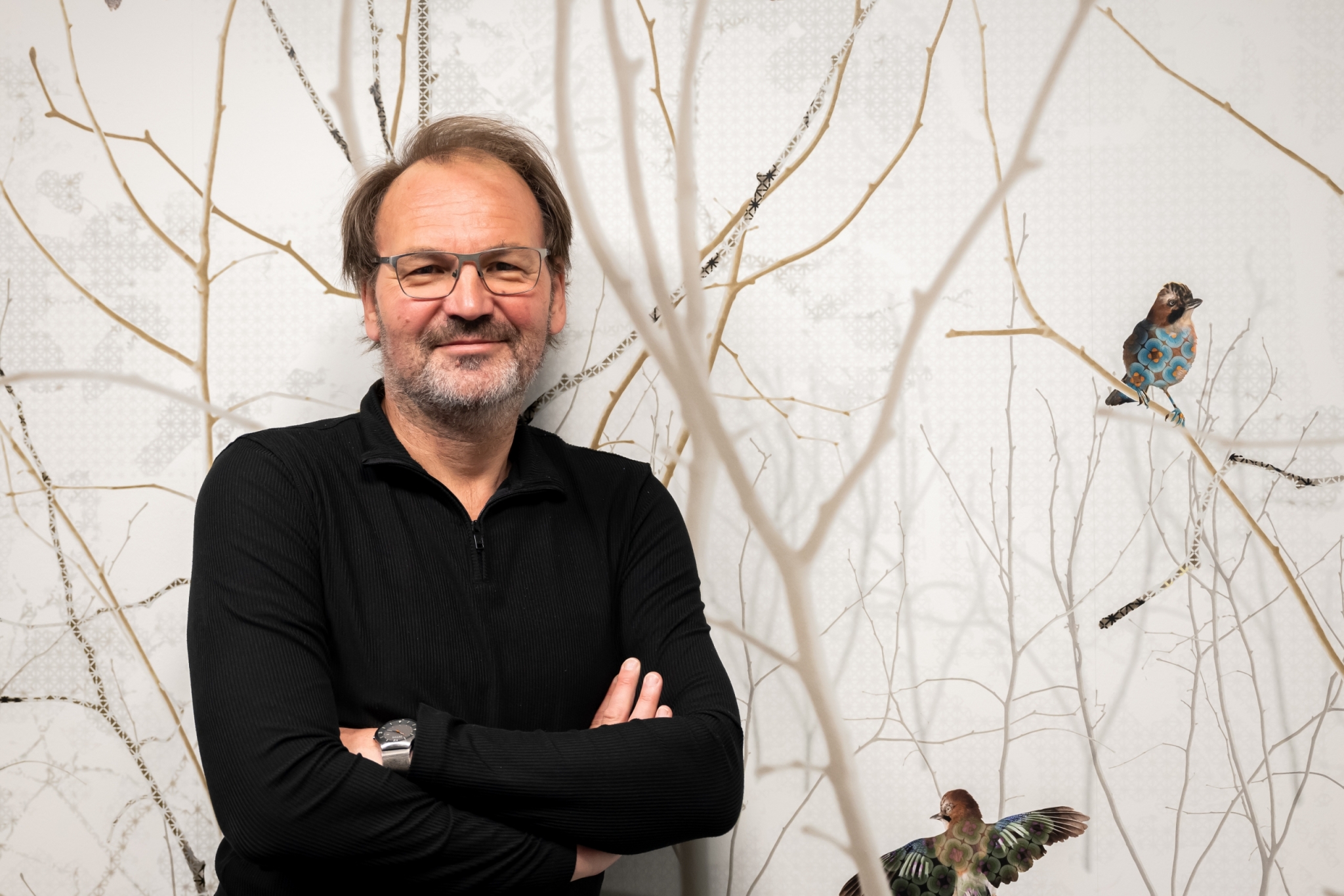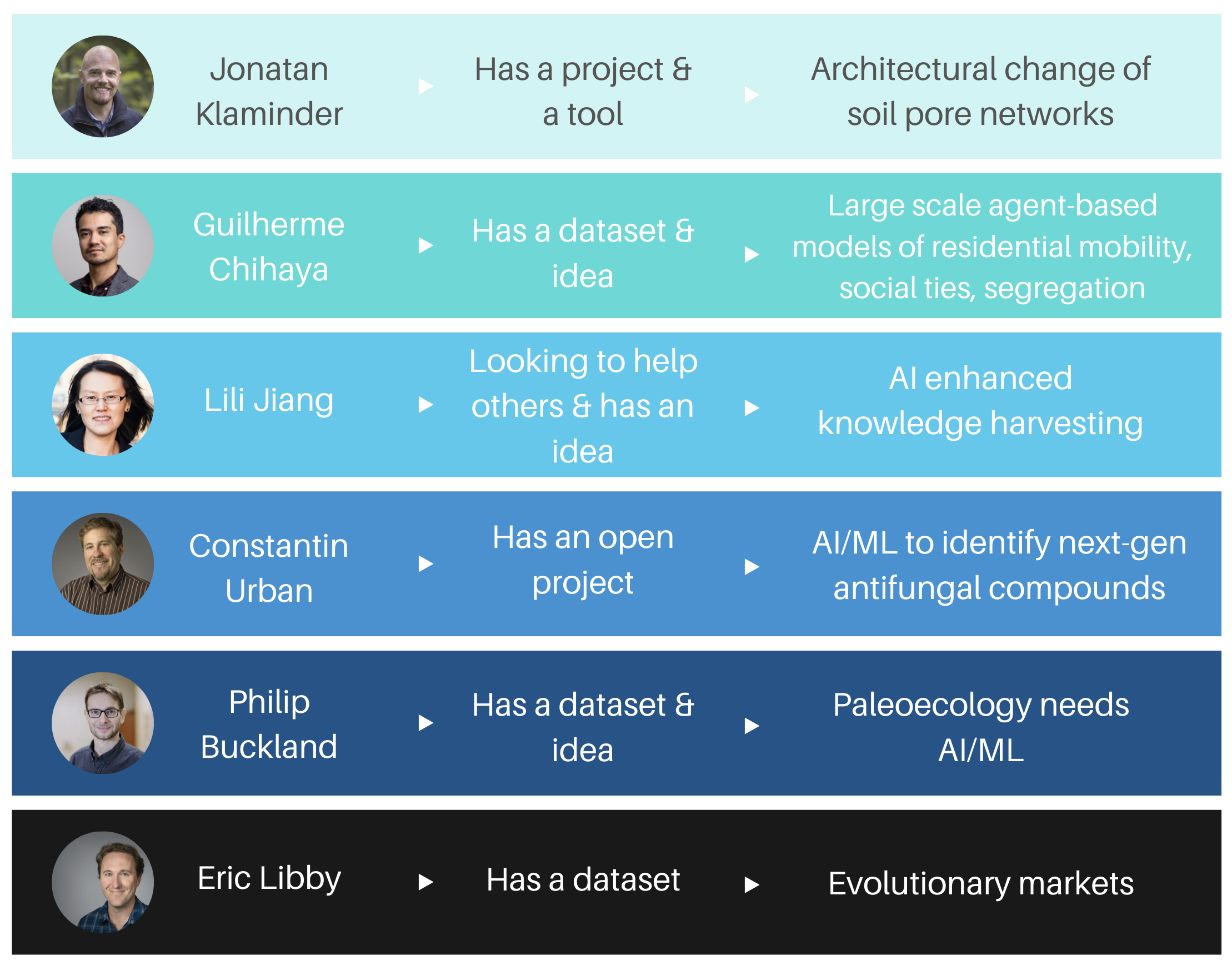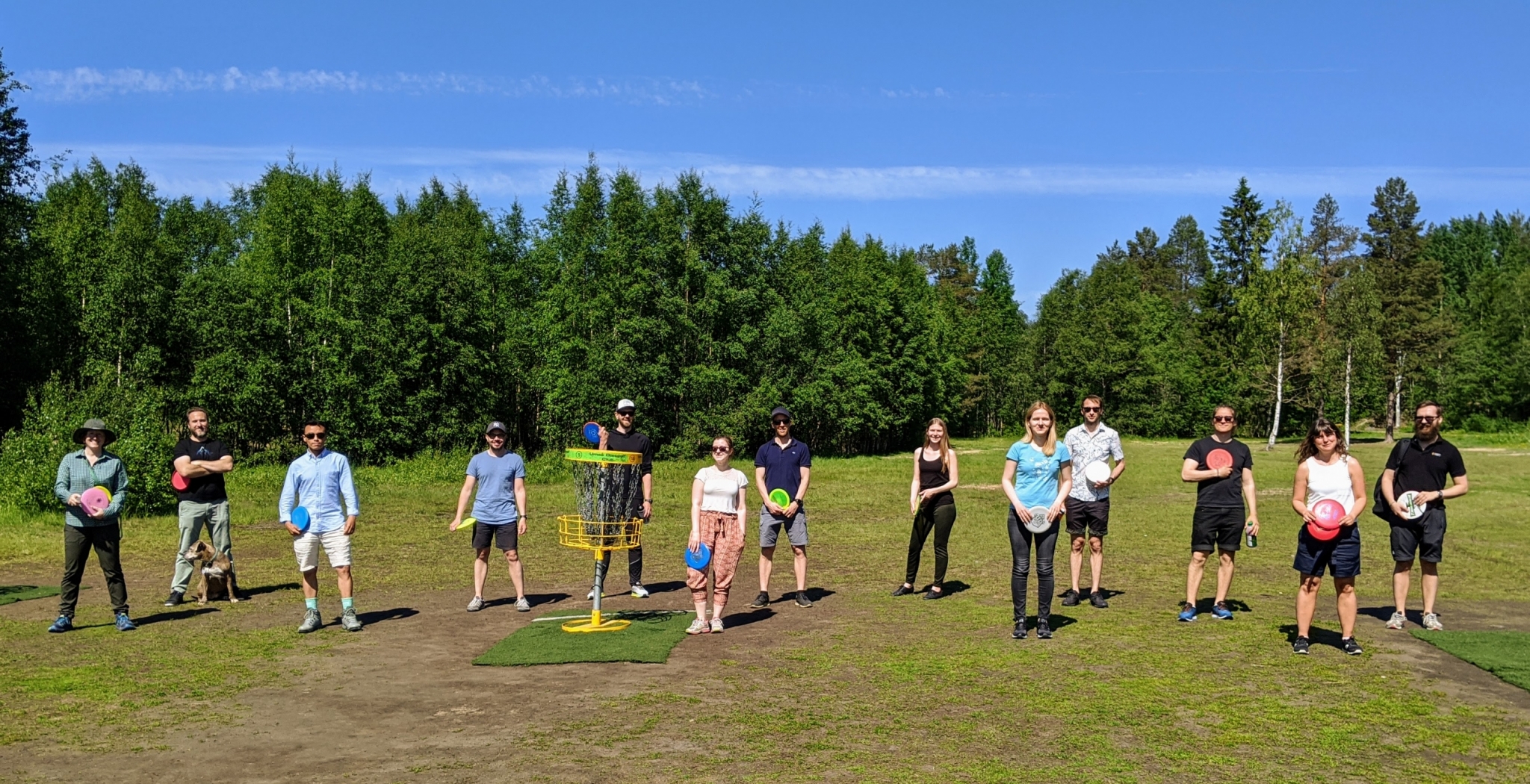Profile
Development of a single cancer drug, on average, costs more than half a billion US dollars and takes 6-15 years to go into the market. However, computational models are significantly underutilized during this process, where indeed they can help prioritize lead candidates and stratify potentially responsive patients. Our vision is to reduce this cost/time burden by building better predictive computational models to select effective drugs based on their simulated mechanisms of action. Some computational models are mechanistic: detailed equations describing biophysical interactions, while some are statistical/machine learning-based: descriptive and explorative correlations within data. Constructing and using mechanistic models require expertise, and they are mostly “small” scale (a few genes). The machine learning models (usually genome-scale) are data-driven hypotheses generators, with minimal apparent intuition on exact biology. These two types of modeling are rarely combined, missing an opportunity to generate new knowledge while explaining what is already known.
In our lab, statistical/machine learning modeling of big datasets will provide unbiased and interpretable correlates among data features. These statistical associations will be experimental candidates to explore causality among analytes and become new connections in the mechanistic (ODE) models. Current mechanistic models lack enough breadth of molecular mechanisms and non-canonical associations to explain a preponderance of available data. Our mechanistic models expanded with novel data-driven associations with explicitly modeled drug mechanisms of action will explain multiple datasets/tumors/patients and enable in-silico testing of clinical interventions. We will train the expanded models using each patient’s data to simulate drug responses, dose regimens, and combination therapies. Including such a framework in drug development processes and running patient-tailored simulations will benefit bringing the right drugs to suitable patients and provide safer and cheaper clinical stages. Thus, the overall theme of the Erdem Lab is to merge machine learning and mechanistic models with patient data to create clinically predictive computational models for cancer and other diseases.
Cemal is a chemical engineer converted computational and systems biologist. He obtained his PhD from the joint program between University of Pittsburgh and Carnegie Mellon University (CMU) and later started as a NIH-LINCS Consortium postdoctoral fellow at Clemson University. Cemal received the SciLifeLab/Wallenberg DDLS Fellowship and moved to Umeå in September 2023 together with his wife and their two children.
Current Projects
The Latest Posts
This Icelabber hasn’t posted yet, but read these while you wait for the first post.

